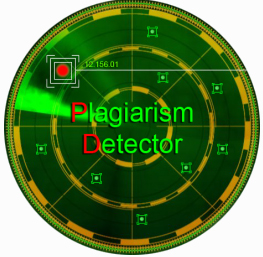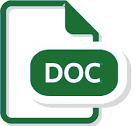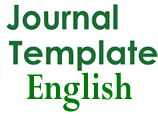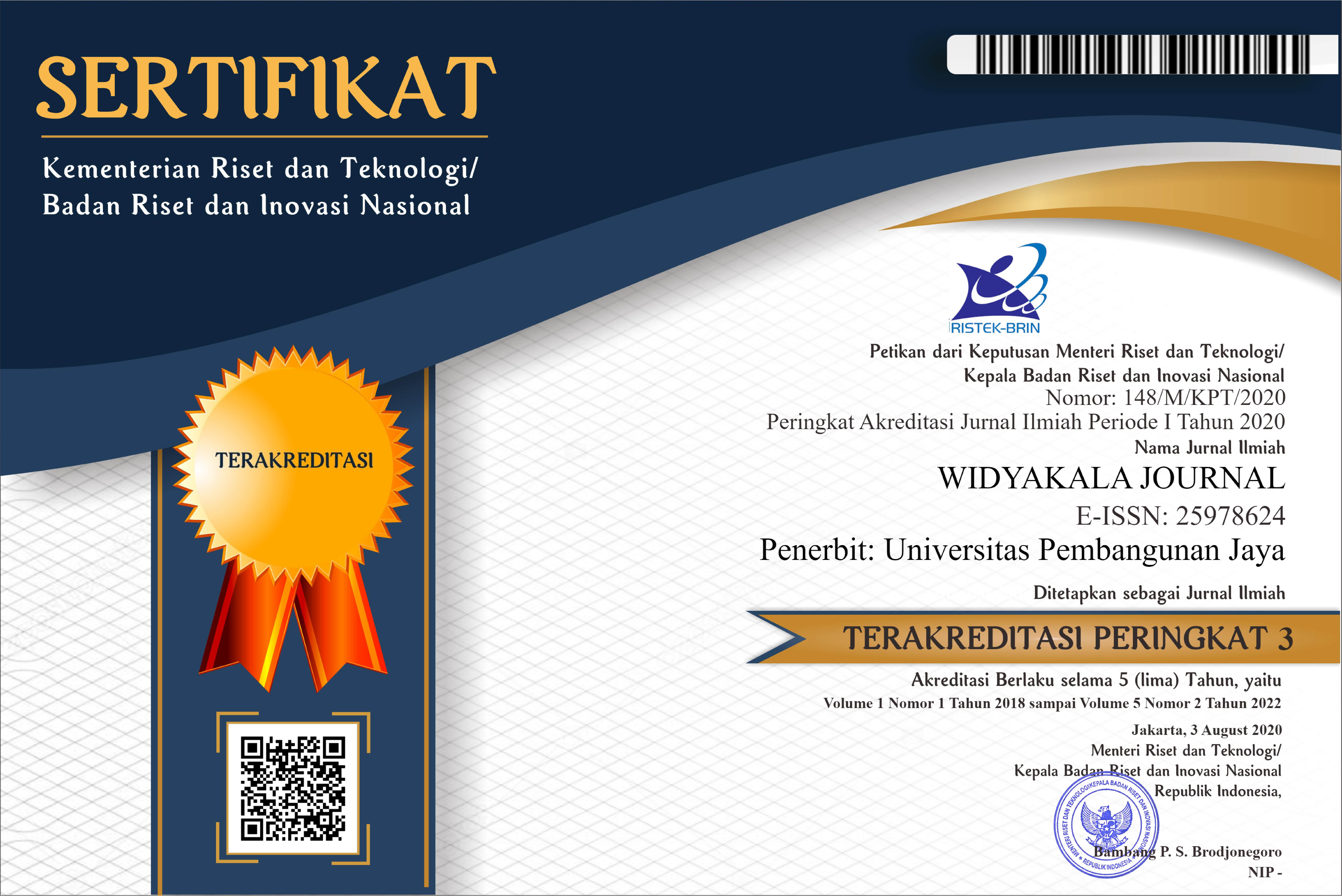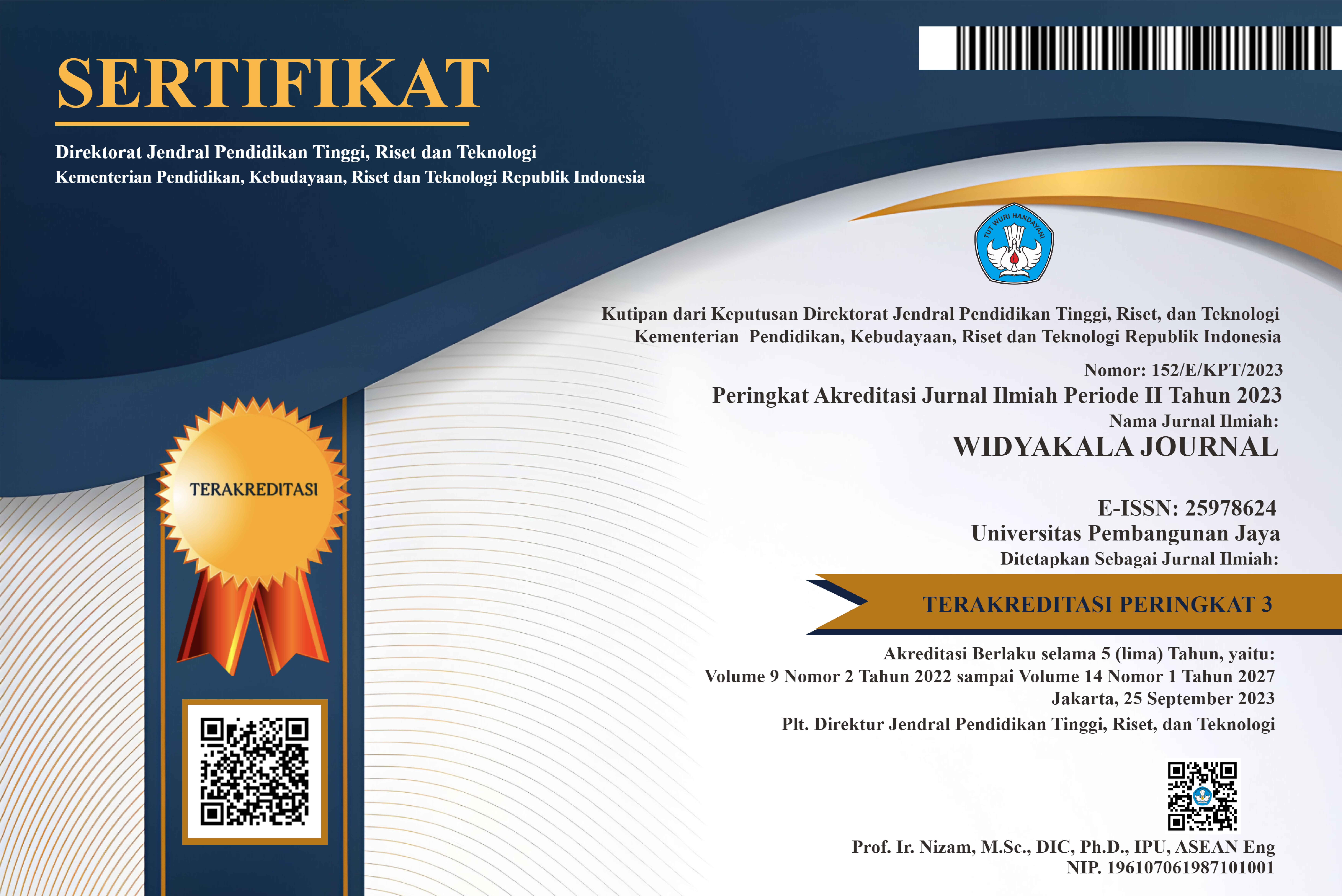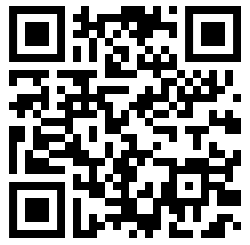Updated, March 2025
Commuter Train Mode Choice Modelling Using Binary Logit Model
Abstract
Car production in Malaysia increasing dramatically. This situation created serious impact such as pollution and congestion. The Malaysian government should find a proper solution to prevent the vehicles growth by controlling them and improve public transportation services. The only way to get people to switch to public transportation is by improving the public transport system becomes more efficient. To find out the solution, an understanding of traveler behavior by applying to mode choice model using binary logit approach is necessary. Stated preferences method was adopted in order to construct hypothetical choice in current and future situations. A total of 250 respondents were selected as the sample based on the research study. This research employed a discrete choice analysis to examine the relationship between the independent variables (travel time, fares, comfort and safety). With variation of trip purpose (school, work, leisure activity, and shopping), model has been developed and tested to check the validity. The result shows that the potential of new train services to compete with the current commuter (KTM) and private car user are quite competitive. This is no doubt due to the characteristics of the respondent to choose a good level of services especially a better comfortability and safety with an affordable price (fares). It can be concluded that scenario 2 has great potential to be implemented since forecasting demand reached above 90%.
Full Text:
PDFDOI: https://doi.org/10.36262/widyakala.v6i1.137
Refbacks
- There are currently no refbacks.
Copyright (c) 2019 WIDYAKALA: JOURNAL OF PEMBANGUNAN JAYA UNIVERSITY

This work is licensed under a Creative Commons Attribution-ShareAlike 4.0 International License.
Redaksi Jurnal Widyakala
Lembaga Penelitian dan Pengabdian Kepada Masyarakat (LP2M)
Universitas Pembangunan Jaya
Jalan Cendrawasih Raya Blok B7/P, Sawah Baru, Ciputat, 15413
Telp : 021-7455555 ext 1311
widyakala.journal@upj.ac.id

